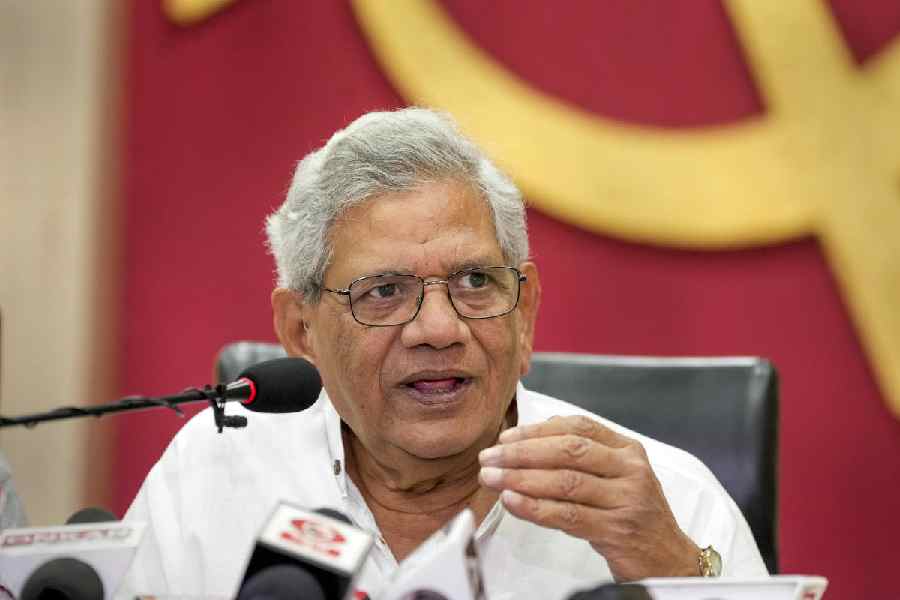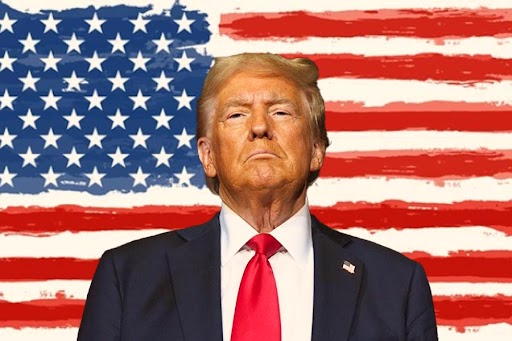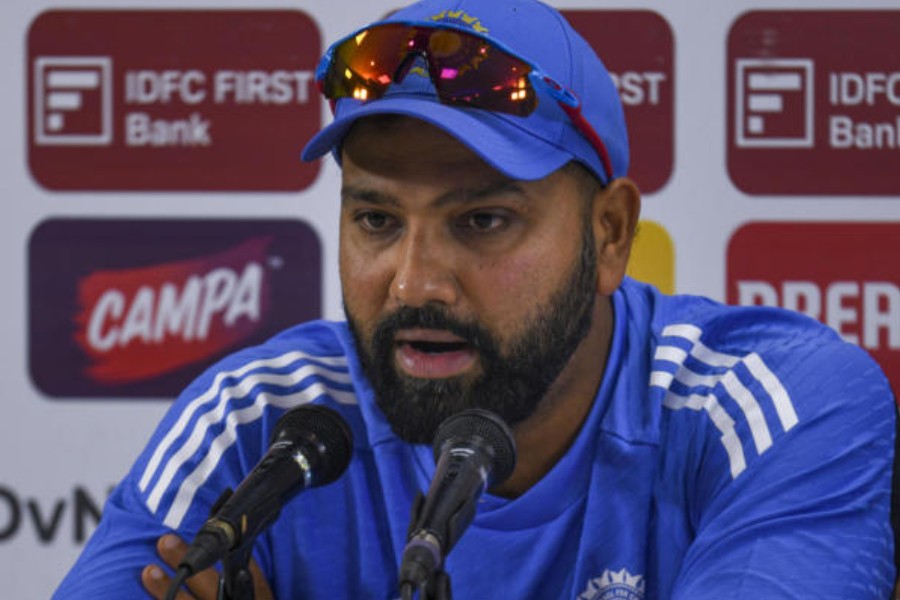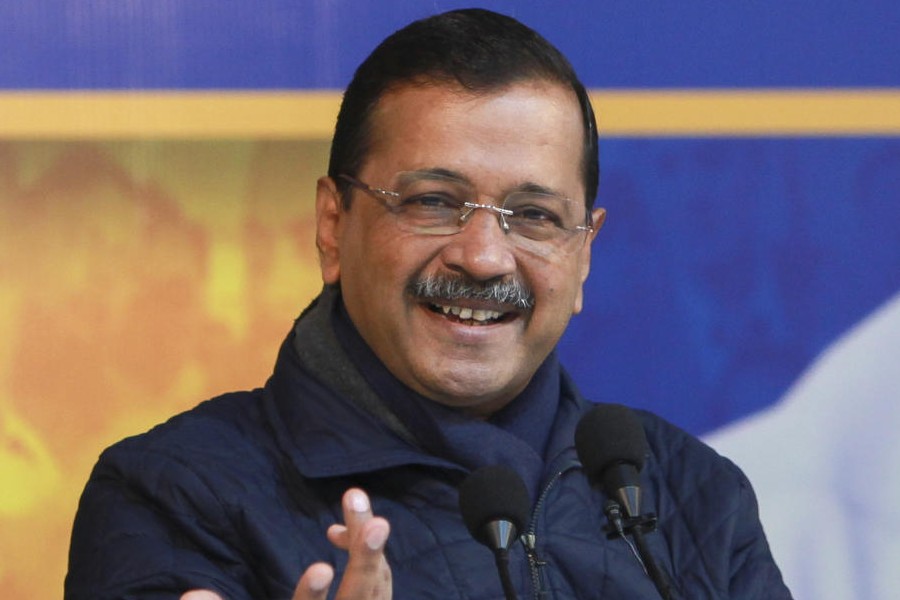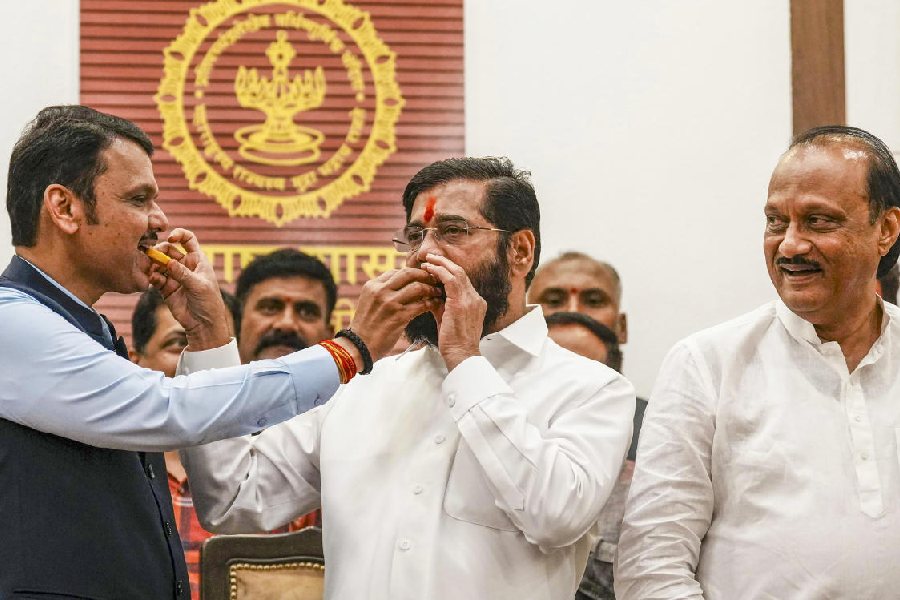Veteran Marxist leader Sitaram Yehury, who got shaped in politics during the Emergency days, was brilliant in academics and a CBSE topper, but he earned a distinction when he led students of Delhi's Jawaharlal Nehru University (JNU) to push then prime minister Indira Gandhi to resign as the university's chancellor.
In October 1977, Yechury led a group of students to the prime minister's residence and handed her a memorandum seeking her resignation as the JNU chancellor.
Recalling the incident once, Yechury had said during the Emergency days, arrest notices for students would be pasted on their hostel doors in the university.
There was a protest in the university demanding Gandhi's resignation as the chancellor and the students decided to walk down to the prime minister's residence and paste a memorandum demanding her resignation on the door.
As they reached the prime minister's residence, they were asked to send a delegation of five students inside. However, the students insisted that all of them should be allowed in, a request that was accepted.
When the students walked inside the prime minister's residence, they were surprised to see that Gandhi herself came to meet them.
"She asked us what did we want and we said we wanted her to resign," Yechury had said, recalling the incident.
A photograph of the JNU students surrounding Gandhi and a young Yechury reading out the memorandum is a part of history.
Yechury was a brilliant student who secured the all-India first rank in the Central Board of Secondary Education's (CBSE) higher-secondary examination and also got a first class in both his undergraduate and post-graduate degrees in economics.
He joined the students' movement in the JNU in 1974 and became a leader of the Students' Federation of India (SFI). He was thrice elected as the president of the JNU Students' Union (JNUSU) within a span of two years.
Yechury joined the Communist Party of India (Marxist) in 1975 and was arrested during Emergency for his political activities.
He was the president of the SFI from 1984 to 1986 and played an important role in developing the student organisation as a pan-India force.
A polyglot and a prolific writer, Yechury was the editor of the CPI-M's weekly publication, "People's Democracy", for more than two decades. His other notable contribution in the ideological field was his critique of Hindutva, which was published in his books, titled "What is this 'Hindu Rashtra'?" and "Communalism vs Secularism".
Except for the headline, this story has not been edited by The Telegraph Online staff and has been published from a syndicated feed.

